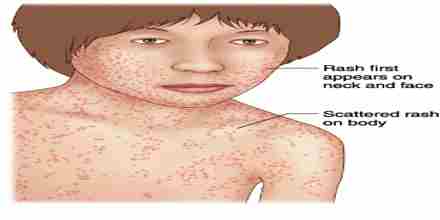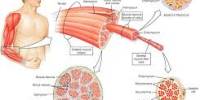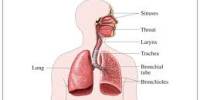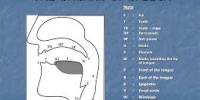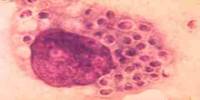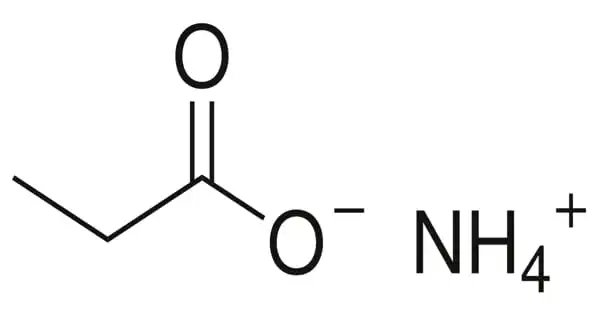Rubella, commonly known as German measles, is a disease caused by the rubella virus. The rubella virus passes from person to person through tiny drops of fluid from the nose and throat. The virus is transmitted by the respiratory route and replicates in the nasopharynx. The virus is found in the blood 5 to 7 days after infection and spreads throughout the body. Vaccination is the best way to prevent rubella. Rubella vaccine is usually given in conjunction with measles and mumps vaccines in a shot referred to as MMR (mumps, measles and rubella).
Presentation on Rubella
